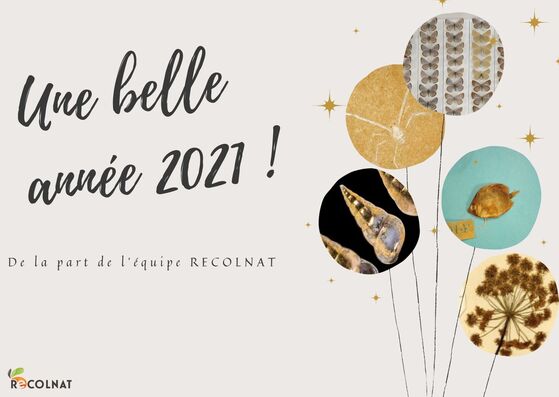The Réunion University herbarium accessible online (Monday 25 January 2021)
It is now possible to consult the Reunion University Herbarium online on the management site of the biological collections of the UMR Peuplements Végétaux et Bioagressuers en Milieu Tropical.
The Reunion University herbarium, created in the 1960s, represents an invaluable legacy left by Thérésien Cadet. It is an indispensable reference tool for the study and knowledge of plant biodiversity in Reunion. Today it is the only scientific collection of the University to be internationally referenced under the acronym REU.
This university collection contains more than 20,000 herbarium specimens, more than 1,000 wet specimens, around 500 silica-gel samples and around 400 DNA specimens. It covers more than 300 plant families of the different branches (bryophytes, pteridophytes, spermaphytes) and about 2,500 species. It contains several collections, including a historical collection that is over 100 years old with the oldest specimen dating back to 1785 (300 specimens). Plus the collections of Thérésien Cadet (8,500 specimens), Roger Lavergne (3,000 specimens), Jean Bosser (2,000 specimens) and Francis Friedmann (2,000 specimens).
All the samples of the University herbarium of Reunion were digitised in 2017 as part of the e-RecolNat programme (ANR-11-INBS-0004). To date, there are 12,115 specimens accessible online with their photographs and associated data. A database that is only getting richer as the metadata is entered.
To consult the Réunion University Herbarium online, go to : https://collections-umr-pvbmt.cirad.fr/
Help : How to search in the REU Herbarium database (pdf)

Réunion plénière du GIS RECOLNAT 4/11/2020 (Friday 6 November 2020)
Nous tenions à remercier chaleureusement tous les participants à la journée du GIS RECOLNAT !





Pour tous contacts ou informations complémentaires, merci de nous contacter :
contact@recolnat.org
Formation of GIS RECOLNAT: scientific interest group of the naturalist collection national network (Monday 5 October 2020)
We are happy to announce the formation of the naturalist collection national network (Réseau des collections naturalists: RECOLNAT) as a Scientific Interest Group (SIG). The official inception of this network is the direct continuation of the E-ReColNat infrastructure (ANR-11-INBS-0004), which centered on the mass numerization of herbaria collections, as well as types and figured specimen of Zoology and Paleontology collections, all of which are accessible on our online portal (https://www.recolnat.org/en/). The goal of this new grouping of institutions is to establish a network of scientific excellence specific to natural history collections. Based on what was developed with E-ReColNat, the SIG RECOLNAT proposes to mobilize, rally, and harmonize practices, and to further enable access to collections and all their relative data.
RECOLNAT is housed by the national museum of natural history in Paris, and starts off with 9 “founding” members. Beside the MNHN, these first members are 6 universities (Clermont-Auvergne, Claude Bernard Lyon 1, Rennes 1, Bourgogne, Aix-Marseille et Montpellier), The Muséum-Jardin des Sciences de Dijon (Sciences Museum-Garden of Dijon), and the CIRAD (French agricultural research and international cooperation organization).
These first contributors are already joined by other natural history museums, universities, and research institutes that are eager to enroll. Furthermore, RECOLNAT acts as the French branch to the European Infrastructure DiSSCo.
To celebrate the establishment of this network, we invite you to its general introduction day that will take place on Wednesday November 4th 2020. This introduction will be followed by the first meeting of the founding members. We hope for an “in real life” meeting, though we are constrained by the sanitary precaution rules, and to follow them as they come up. We would ask that you “save the date”, if you want to be able to assist to this introductory day.
For any other requests or complementary information, you can contact:
contact@recolnat.org







